Hezbollah’s most valuable asset in Lebanon’s election campaign is none other than its historic foe, Israel.
On the eve of elections, scheduled to begin May 29, Hezbollah is trying to retain its pose as the ultimate guardian of Lebanese interests vis-á-vis Israel, stoking a flare-up along the border with Israel last week.
On May 9, the Israel Defense Forces (IDF) fired an artillery shell into Lebanon, but said it was an accident and apologized. No one was injured. Two days later, on May 11, as Israelis celebrated Independence Day, a Katyusha rocket fired from Lebanon hit the town of Shlomi in Israel’s Galilee, prompting the town to call off holiday celebrations. Over the next day, two rockets were fired from Lebanon at an army post along the border. On May 13, Hezbollah shelled an Israeli military outpost in the Golan Heights. The IDF retaliated by destroying three Hezbollah positions. Then there was quiet.
Not all of the unrest was the work of Hezbollah: Part of the fire came from Palestinian terrorists operating from refugee camps in southern Lebanon. Israeli sources said the rocket attack on Shlomi probably was the work of Ahmad Jibril’s Popular Front for the Liberation of Palestine — General Command.
According to Israeli sources, however, Jibril wouldn’t have taken such an initiative unless he was ordered to do so by Hezbollah and the Shi’ite organization’s Syrian overlords.
Hezbollah is preparing for the possibility that after the elections, a new government in Beirut may try to disarm the group as part of an overall policy of extending government control to the entire country. Hezbollah effectively has controlled southern Lebanon since Israel completed its withdrawal in May 2000.
Hezbollah, however, wants to show the Lebanese that they can’t disarm the organization because it’s the only force that can intimidate Israel. Hezbollah has an arsenal of 13,000 rockets and missiles trained on northern Israel.
Perhaps because of that, Israel has reacted with restraint to Hezbollah’s provocations. In contrast to the period before Israel’s withdrawal from Lebanon — when community leaders in northern Israel demanded strong action to defend them from attacks — this time they applauded the restraint.
“We don’t need to seek new wars,” said Aharon Valensi, head of the Upper Galilee Regional Council. “The goal should be to calm down the area, not to flare it up.”
The reason for the change of tone is clear. Since the Israeli withdrawal, the Galilee has flourished as it hadn’t in years. Some 70,000 vacationers filled its roads and nature reserves on Independence Day. Hotels and rest houses were booked.
The current assessment in Israel is that Hezbollah faces a growing dilemma over its role in Lebanon.
The United States, France and United Nations have called for the Lebanese government to fulfill U.N. resolutions demanding Hezbollah’s disarmament. Hezbollah itself is torn between keeping its rejectionist, jihadist image and becoming a legitimate political party in a more democratic Lebanon.
“It’s possible that Lebanon will eventually not accept deterioration into a civil war, and will want to become a sovereign country. This carries the potential of turning Hezbollah into a political organization,” the IDF’s deputy chief of staff, Maj. Gen. Gabi Ashkenazi, said in a radio interview.
For the first time in years, Israel couldn’t blame Syria directly for last week’s escalation, since Syria just finished withdrawing its troops from Lebanon. Israel instead blamed the Lebanese government, which has been too timid to confront Hezbollah and instead has allowed it to usurp control over a large swath of the country.
According to U.N. Security Council Resolution 1559, the Lebanese government bears responsibility for maintaining order in southern Lebanon, and can’t allow Hezbollah or other armed forces to operate independently.
Some believe further escalation along the border might make Hezbollah and Lebanese leaders conclude that the situation is dangerous and the group can’t disarm. Others argue that a strong Israeli reaction — in the past, Israel has taken out the electrical system in Beirut after Hezbollah attacks — is precisely what’s needed to turn the Lebanese public against the group, since most Lebanese are finally enjoying peace and relative prosperity following a draining civil war and decades of Syrian occupation.
However, Lebanon’s two main opposition leaders told foreign diplomats that they would find it difficult to promote Hezbollah’s disarmament, or even an understanding with Israel, as long as Israel continues to occupy the Shabaa Farms region of the Golan.
Hezbollah seized on the Shabaa Farms issue after Israel’s 2000 withdrawal, saying the pullback wasn’t complete. However, the United Nations rejected any Lebanese claim to Shabaa , ruling that it’s an issue to be resolved between Israel and Syria.
In addition, the Israeli daily Ha’aretz reported last week that the United States and United Nations were looking into the possibility of an international force replacing Israel in Shabaa Farms in exchange for Hezbollah disarming and becoming a political party.






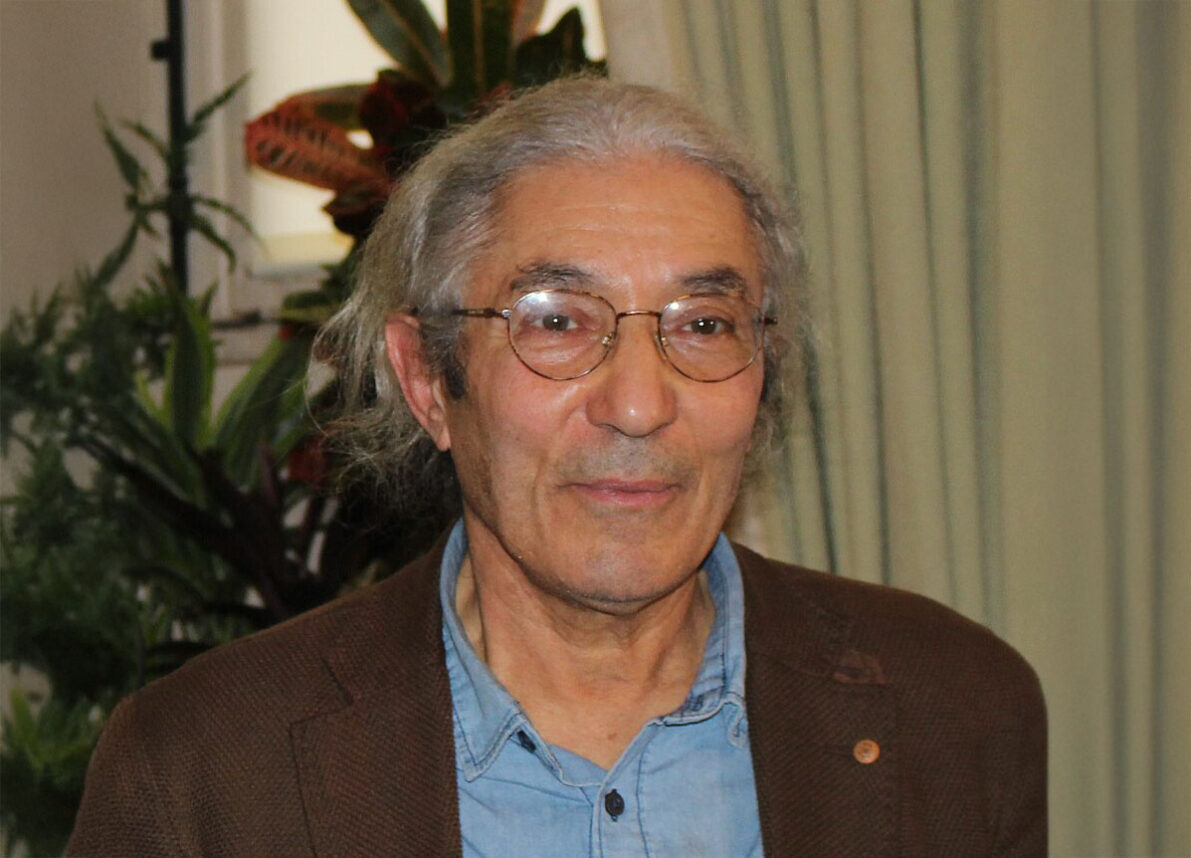


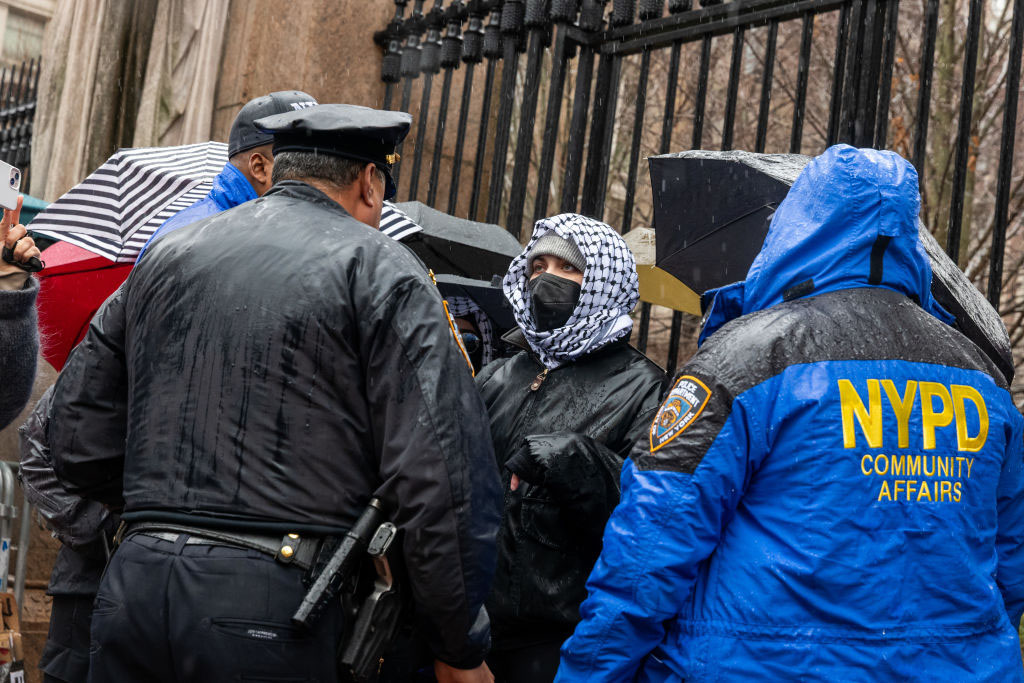
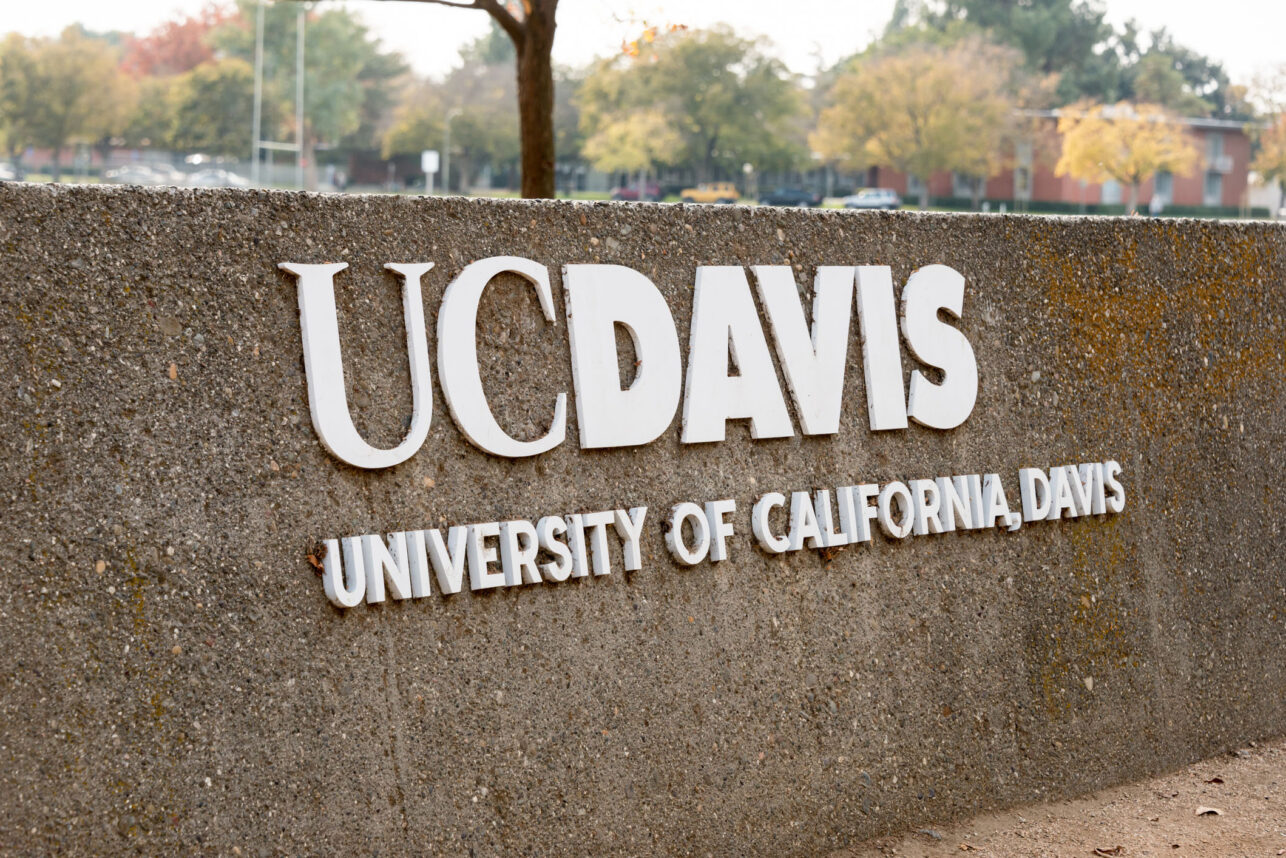
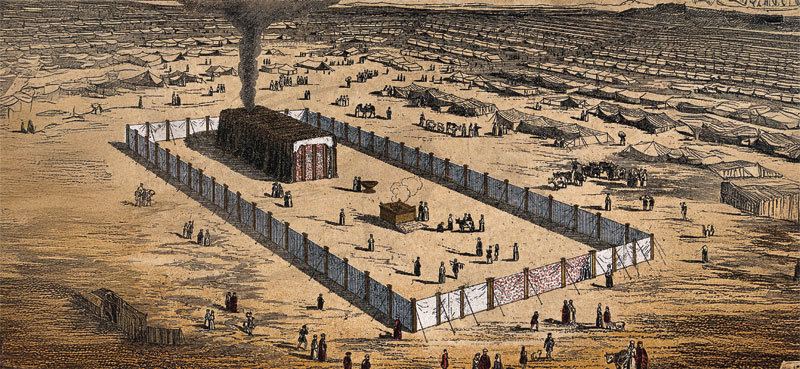
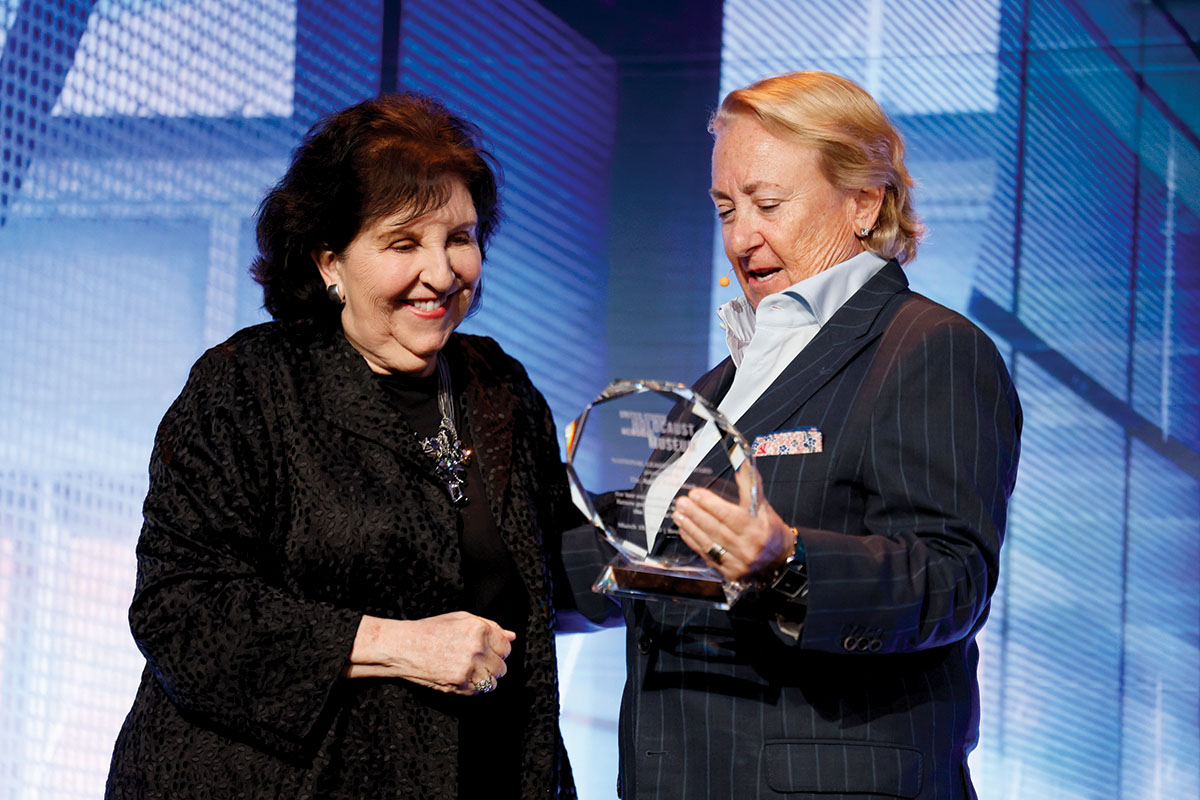

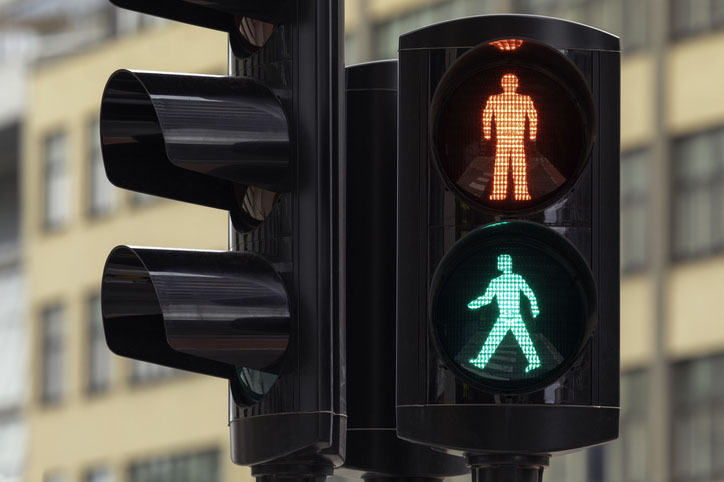
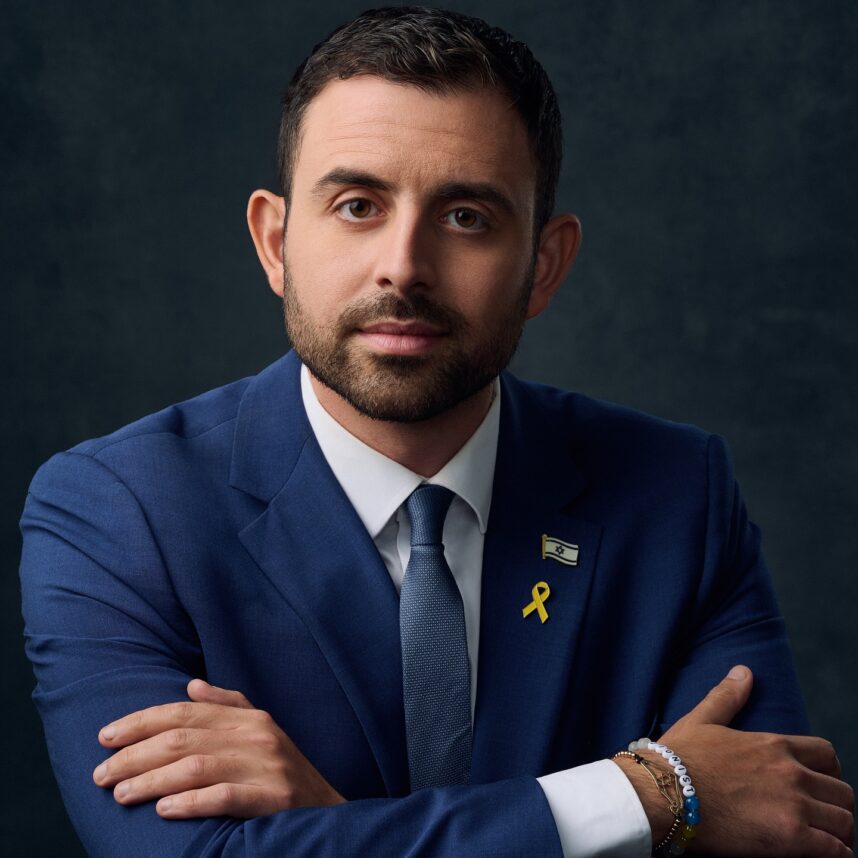
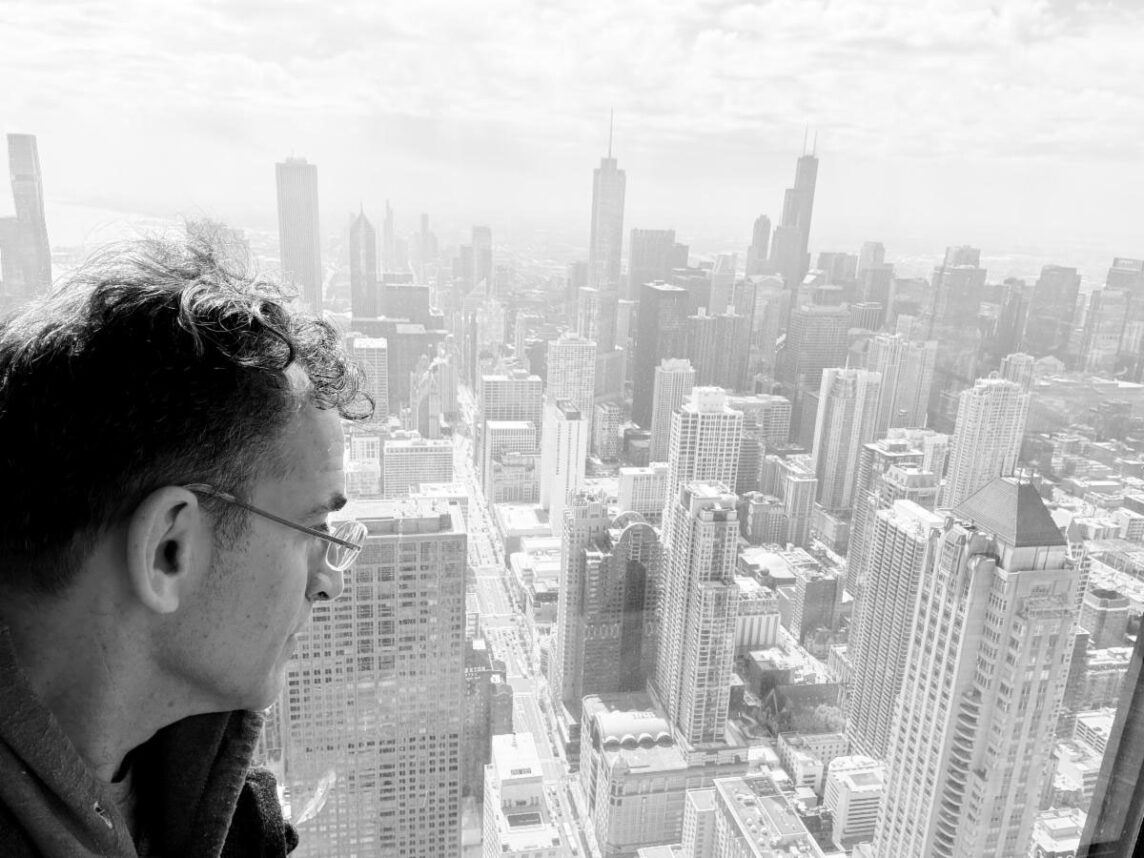






 More news and opinions than at a Shabbat dinner, right in your inbox.
More news and opinions than at a Shabbat dinner, right in your inbox.